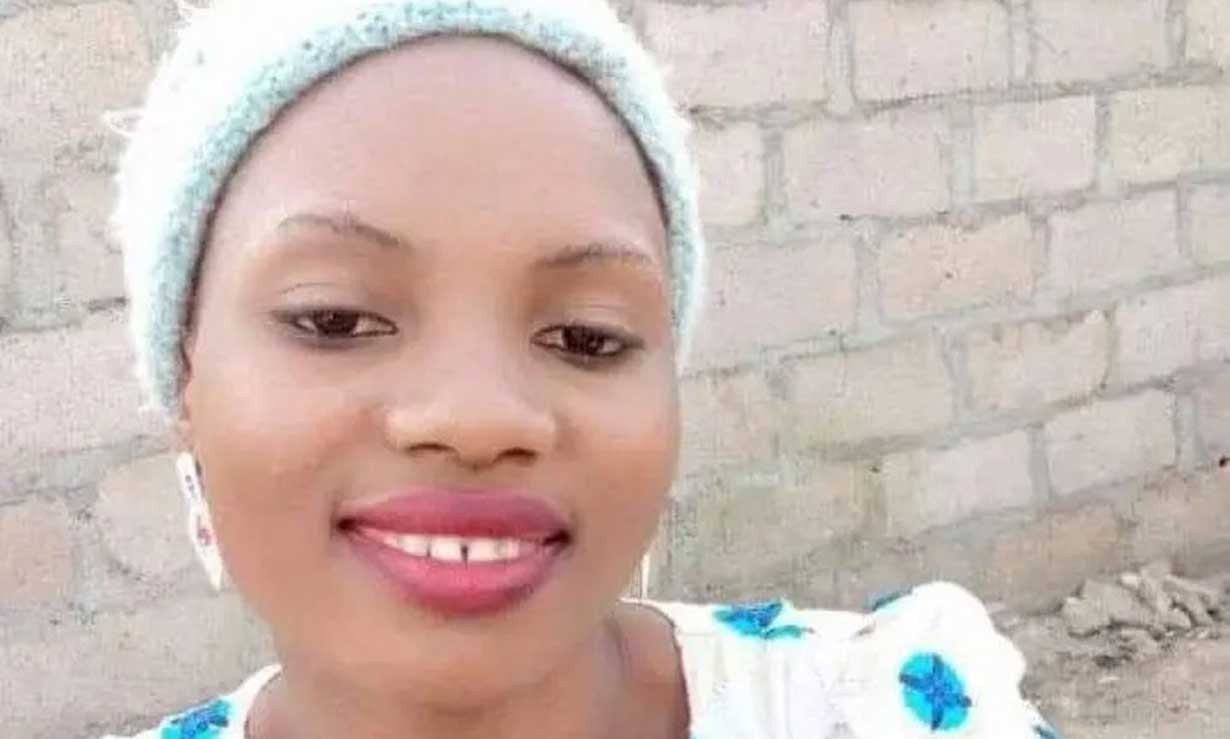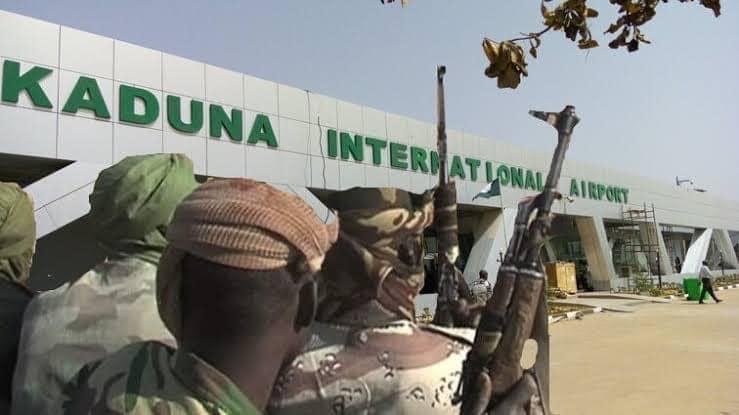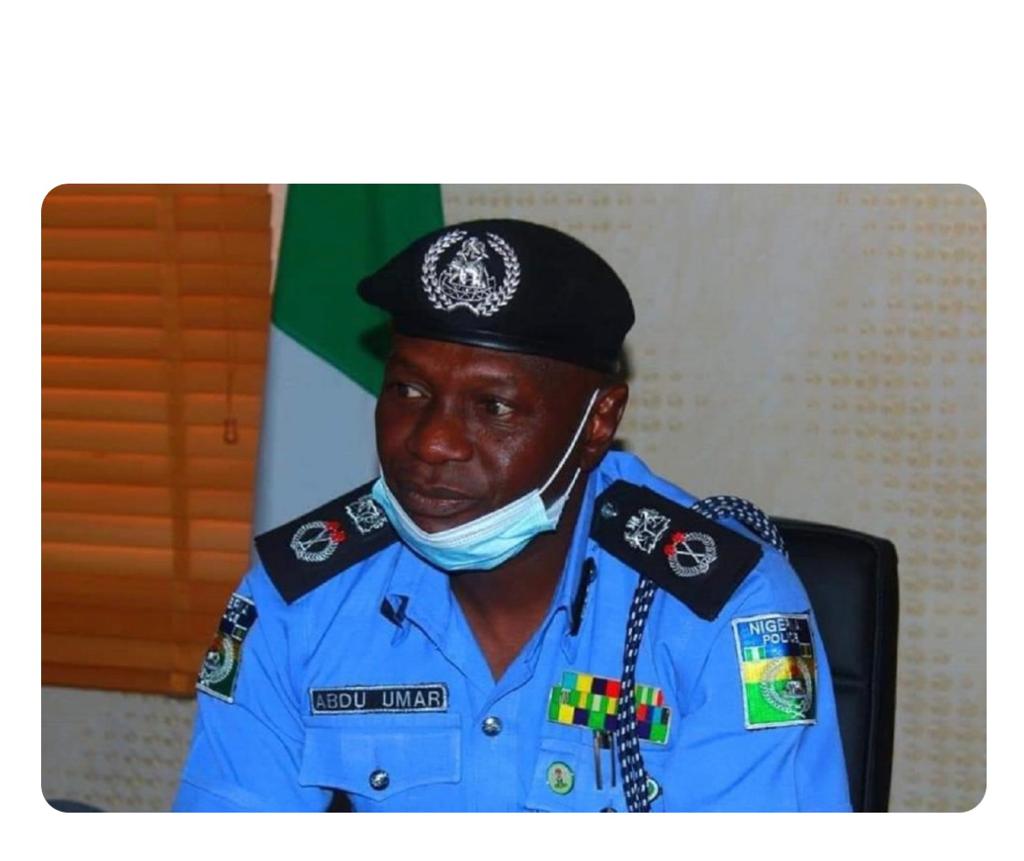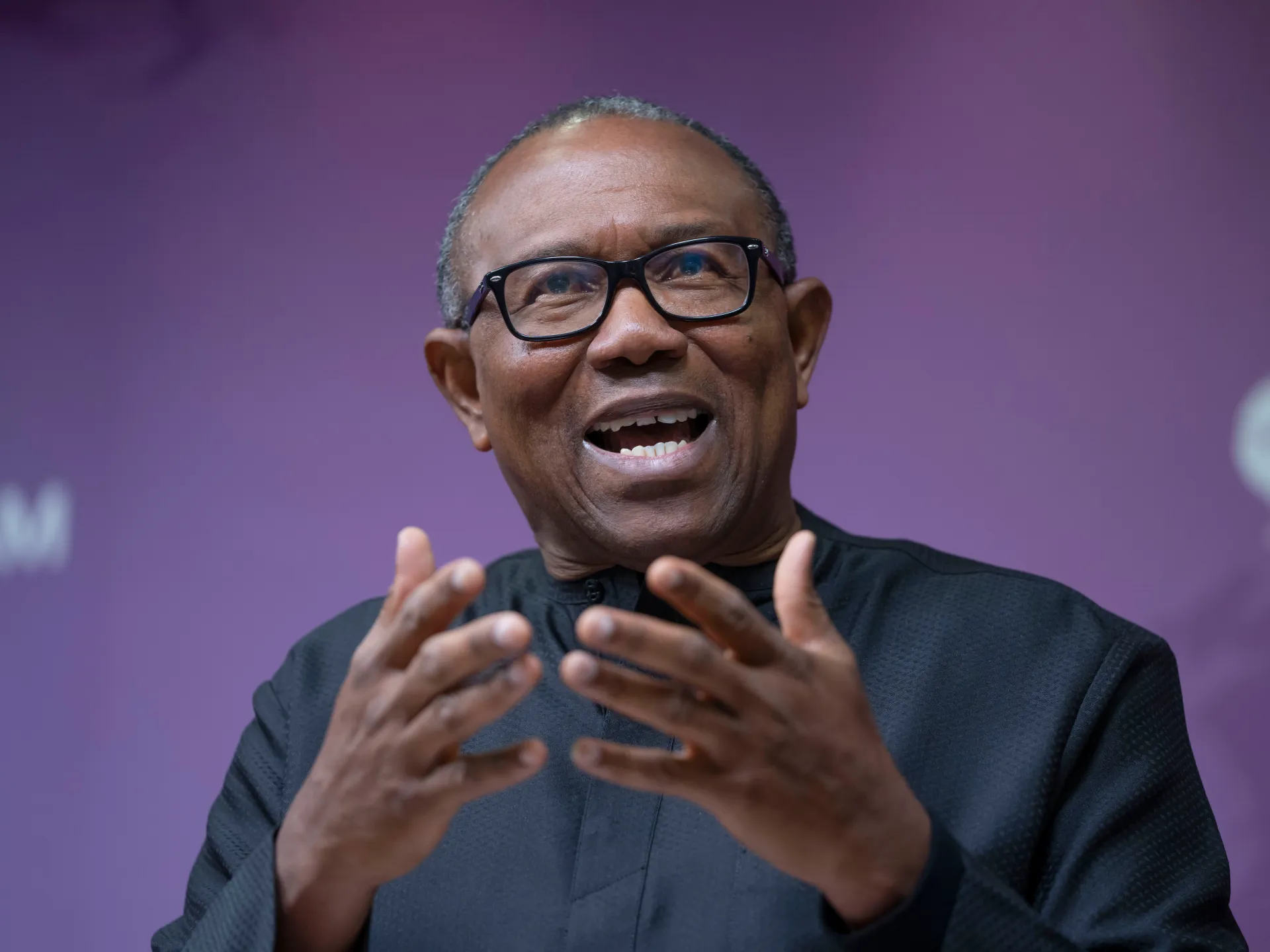The National Legal Adviser of Accord party, Maxwell Mgbudem, yesterday lamented the gruesome murder of a 200 Level Home Economics student of Shehu Shagari College of Education in Sokoto State, even as he called on the Federal Government to investigate the incident and prosecute the culprits.
Recall that last week Thursday, irate youths murdered a 200 Level student of Shehu Shagari Collage of Education, Miss Deborah Samuel, over an alleged blasphemy against prophet Muhammed.
Reacting in a statement issued in Abuja, the Accord chieftain, Mgbudem called for urgent measures to ensure that the situation does not escalate to other parts of the country, and worsen the insecurity challenge facing Nigeria.

He regretted that life has become short and brutal in the country, hence calling on the Government to take a decisive action that will not only deter future occurrence, but ensure peace across the country.
Mgbudem also expressed fears over the rising tension and insecurity across the country, even as it cautioned that such a situation poses a serious threat to the peaceful conduct of the 2023 general election.
Speaking further, he charged the youths to resist the temptation of taking laws into their hands, adding that protesters should stop to allow the State government and security agencies to investigate the root cause of the ugly incident.
Nonetheless, he commended eminent Nigerians who have joined their voices to condemn the dastardly act.
Meanwhile, he has enjoined the security agencies to take urgent steps to address the insecurity across the country before the commencement of the 2023 general election, expressing fears that the security situation in Nigeria today is not favourable for the conduct of 2023 general election.
Citing the case of Monday and Wednesday sit at home order in the South East by Indigenous People of Biafra (IPOB), the Fulani/Herder violence in the North Central, banditory in the North West and Boko Haram in the North East, said the Independent National Electoral Commission (INEC) will be in dilemma if the Federal Government does not take immediate action.




